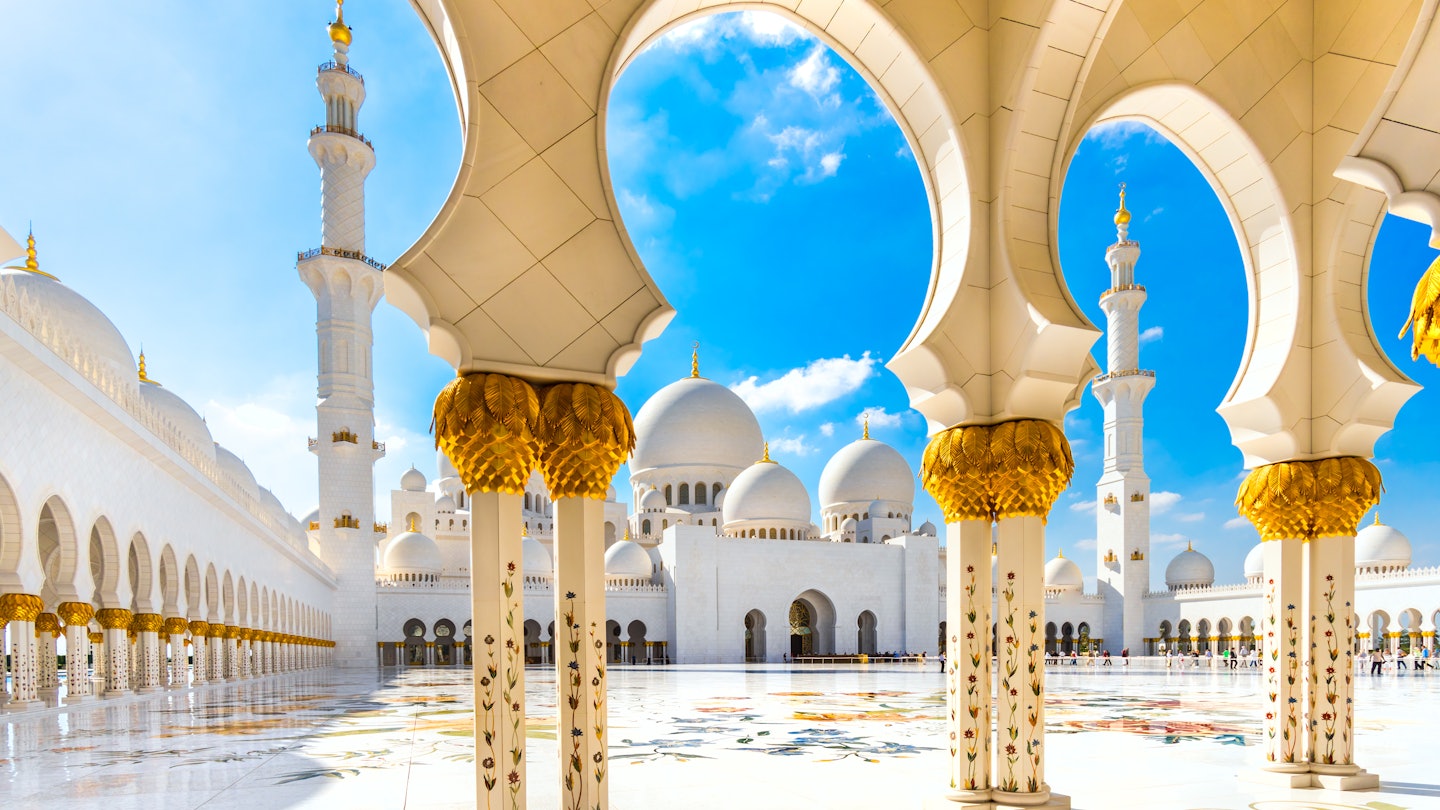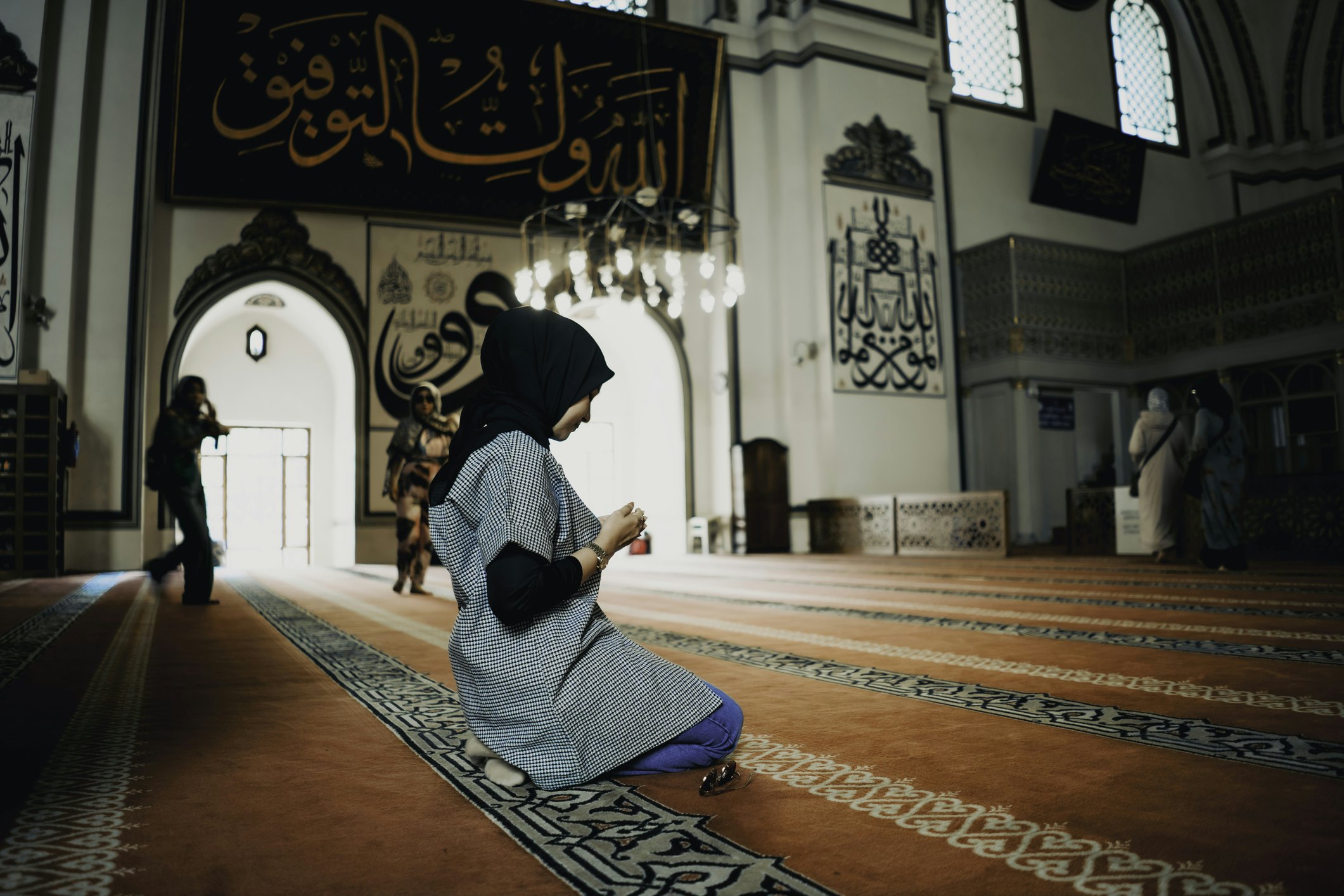
The 30 best countries, cities and regions to visit in 2025



Visiting hours at the Sheikh Zayed Mosque in Abu Dhabi will alter during Ramadan – check with your hotel if you're unsure. Luciano Mortula - LGM/Shutterstock
Visiting Muslim countries during this sacred time of year can be an enriching and interesting experience for non-Muslim tourists but it helps to know what to expect. This period of time celebrates the time when the Prophet Muhammad divinely received the first verses of Islam's holiest scripture, the Quran.
The timing of Ramadan is based on the lunar calendar and this period was considered a sacred time of year even before the advent of Islam in Arabia – people used it to retreat from the world to meditate and consider their relationship with God. Ramadan is popularly known as a month in which many Muslims fast and pray during daylight hours, but it's a special time for many reasons.
This is everything you need to know about what to expect during Ramadan and how you can travel respectfully through Muslim-majority countries at such a special time.
As well as being the time the Prophet Muhammad received the first verses of the Quran, Ramadan was also when Prophet Muhammad's small community of Muslims won their first battle for survival against the Quraysh tribe of Makkah at the Battle of Badr.
Six years later, it was once again during Ramadan that Prophet Muhammad led the same community into Makkah, to reclaim the city they'd been expelled from and, most significantly, cleanse the holy Ka’aba of its pre-Islamic idols, thus purifying it for the exclusive use of Muslims around the globe as the focal point of their daily worship.
Now, Muslims are encouraged to use this time to focus on spirituality rather than the material world. People observing Ramadan must abstain from eating and drinking between sunrise and sunset. They also abstain from sex and smoking during the period of fasting, and reject anything that can break their fast, such as cursing and any harmful behavior. Fasting is one of the pillars of Islam and it is obligatory for practicing Muslims that are of age to observe it, with some exceptions.

Ramadan’s start is dependent on the sighting of the moon’s new crescent, which means that the holiday can begin on different days in different Muslim communities. Some communities go with their own local sighting, while others take their lead from certain nations.
Some Muslims will retreat from society during this month, going into isolation to meditate, pray, reflect and focus on their inner self, just as the Prophet once did. Ramadan is an annual opportunity for Muslims to pause, take stock and re-focus spiritually, while also enjoying the health benefits of fasting. In 2025, Ramadan is expected to begin on the evening of February 28th and end near March 30th.
Locals will not expect you to fast, but some countries have laws that do not allow eating in public places during Ramadan. Remember that smoking will also not be allowed in public either. Do some research on the laws of the country you are visiting at this time but bear in mind it can differ from city to city. For example, Dubai is a very heavily touristed city with a large population of immigrants, so the laws there allow public eating during Ramadan and restaurants are open during the day.
However, the rest of the cities in the UAE do not allow public eating during the day. If you're visiting the Maldives, check the meal schedule with your hotel, just in case there are any changes. If you're planning to eat at a restaurant at the time of iftar (the breaking of the fast after sundown), make a reservation, as pre-booking is sometimes required during Ramadan.
Things can slow down a bit in the daytime during Ramadan and opening hours usually change to ensure that people can break their fast when it's time for iftar. In countries where public eating is not allowed during the day, restaurants open at noon to begin preparing for iftar, and you can order food to takeaway. You won't be able to dine in until after sunset.
Tourist sites might have different opening and closing hours in some places, but in others, they will remain the same. Markets and shops usually close during iftar and then open again later in the evening. Many destinations clearly advertise opening hours during Ramadan to avoid confusing tourists but if you're at all unsure, ask the staff at your hotel or a local tour agency for more information.

When traveling during Ramadan, it's respectful to abstain from eating, drinking and smoking in front of those who are fasting. If you're not able to do that, you should ask a person if it's okay for you to drink or eat in front of them. Dress modestly, which could mean different things depending on where you are. Clothing that covers shoulders and knees is recommended and, in some places, covering the legs entirely is more appropriate. Always avoid public displays of affection during Ramadan.
Greet locals with phrases like “Ramadan Mubarak” and “Ramadan Kareem”. These are Arabic greetings meaning "have a blessed Ramadan" and "Ramadan is generous". If you're not in an Arabic-speaking country, ask what the standard greeting is locally – people will appreciate that you know it is Ramadan and are making the effort to connect.
If you are curious about the experience of Ramadan, try fasting for a day and breaking it during iftar with locals. In many countries, there will be collective iftars where the community gathers together to eat and drink, and everyone is welcome to join.
In parts of Egypt, some neighborhoods place long tables in the middle of the road so everyone can dine together after sunset. The locals bring their respective dishes to the tables and any guests are welcome. In northern Sudan, the men often break their fast together in the streets, and anyone who passes by during iftar is invited to join them – they do not take no for an answer! In some countries, people also have Ramadan tents where they host collective iftars – everyone is made to feel welcome.
If you choose to travel in a Muslim-majority country during Ramadan, expect to be welcomed by the locals. It is a month of charity and generosity; you will find that people go the extra mile to offer a helping hand to each other and to visitors.